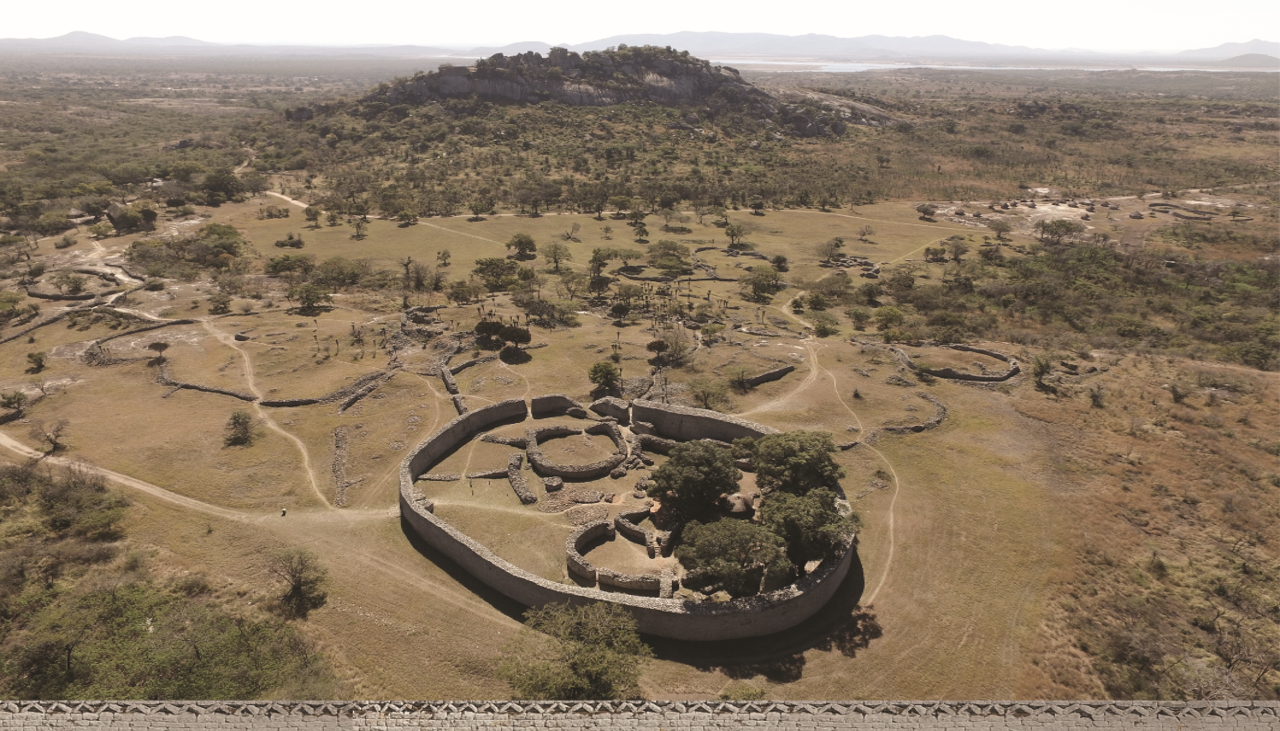AFRHES 5th september: Pikirayi, The Ecology of Water, Great Zimbabwe

5 September, Innocent Pikirayi
16-18 (Stockholm time) https://uu-se.zoom.us/j/64762014406
The Ecology of Water, Great Zimbabwe
Recent research at Great Zimbabwe interpreted the earthen scars or depressions located on the precincts of the monumental complexes, referred to in the archaeological record as ‘dhaka’ pits, as water storage facilities. We extend our research from these pits to examine the broader landscape context of Great Zimbabwe to understand the site’s catchment area, which, though limited in extent, its hilly terrain allows for very rapid runoff. This necessitated that water for consumption at Great Zimbabwe be harvested and stored. Great Zimbabwe’s granite geology is part of the crystalline rocks characterising much of the Zimbabwe craton, and such geological contexts serve as aquifers that also stored water the ancient residents used. Geological research during the past two or so decades on the potential composite or weathered-fractured rock aquifers developing within the weathered overburden calls for deeper understandings of granite hydrogeologic properties in the context of water conservation. In this seminar, we demonstrate this knowledge was known at Great Zimbabwe and used to sustain its residents.

Innocent Pikirayi (Ph.D. 1993, Uppsala) is professor in archaeology at the University of Pretoria. His research interests include geoarchaeology, development of ancient complex societies, water and social formation, and climate change. He is also a member of the IHOPE Scientific Steering Committee.
The Africa Historical Ecology Seminars (AFRHES) showcase case studies of historical ecologies all unified by their ambition to tie past with present day knowledge, contestations and debates around environmental management, resilience and vulnerability and societal sustainability. The seminars are held every first Monday on months with uneven numbers see schedule and old seminars here https://ihopenet.org/seminars/
